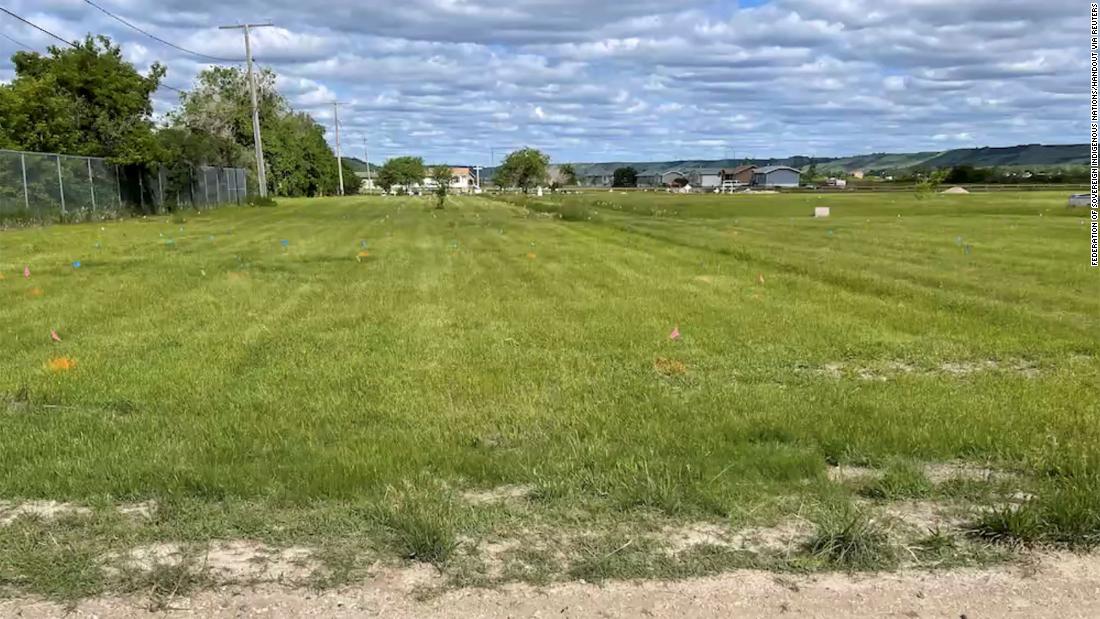Simple Exercises to Improve Physical Health
Physical fitness is a vital aspect of our overall well-being, and exercise plays a crucial role in achieving and maintaining it. Regular physical activity not only improves our physical health but also contributes to mental well-being. In this article, we will explore ten easy exercises that can significantly boost your physical health and leave you feeling energized and revitalized.
Exercise and Physical Fitness
Exercise is a form of physical activity that involves repetitive movements of the body, aimed at improving and maintaining physical fitness. Physical fitness encompasses various components, including cardiovascular endurance, muscular strength and endurance, flexibility, and body composition. By engaging in regular exercise, you can enhance all these aspects and experience numerous health benefits.
Benefits of Exercise for Physical Health
Regular exercise offers a multitude benefits of exercise, for your physical health. It improves cardiovascular health by strengthening the heart and improving blood circulation. It helps in weight management by burning calories and increasing metabolism. Exercise also enhances muscle strength and endurance, promotes bone health, and reduces the risk of developing chronic diseases such as diabetes, heart disease, and certain types of cancer.
Importance of Regular Physical Activity
To reap the full benefits of exercise, it is essential to engage in regular physical activity. Consistency is key to achieving and maintaining good physical health. Incorporating exercise into your daily routine can help establish healthy habits and make it easier to stay on track. Aim for at least 150 minutes of moderate-intensity aerobic activity or 75 minutes of vigorous-intensity aerobic activity every week, along with muscle-strengthening exercises on two or more days.
Easy Exercises for Cardiovascular Health
Cardiovascular exercises are excellent for improving heart health and boosting endurance. Here are three easy exercises you can incorporate into your routine:
Brisk Walking: Walking is a low-impact exercise that can be done anywhere. Aim for a brisk pace that elevates your heart rate and leaves you slightly breathless.
Jogging or Running: If you're looking for a more intense cardio workout, jogging or running is a great option. Start at a comfortable pace and gradually increase your speed and distance over time.
Cycling: Whether outdoors or on a stationary bike, cycling is an excellent cardiovascular exercise. It not only strengthens your heart and lungs but also works your leg muscles.
Strengthening Exercises for Muscle Health
Building and maintaining muscle strength is crucial for overall physical health. Here are three simple strengthening exercises you can try:
Push-ups: This classic exercise targets your chest, arms, and core. Start with modified push-ups on your knees if you're a beginner and gradually progress to full push-ups.
Squats: Squats are effective for strengthening your lower body, including your thighs, hips, and glutes. Keep your back straight, and lower yourself as if sitting back into a chair.
Plank: Planks are fantastic for core strength. Begin by holding a plank position for 20-30 seconds and gradually increase the duration as you become more comfortable.
Flexibility Exercises for Improved Range of Motion
Flexibility exercises help improve your range of motion, prevent injuries, and relieve muscle tension. Consider incorporating the following exercises into your routine:
Yoga: Yoga combines stretching, balance, and mindfulness. It enhances flexibility, promotes relaxation, and reduces stress levels.
Pilates: Pilates focuses on strengthening the core and improving flexibility. It utilizes controlled movements and proper breathing techniques.
Stretching: Stretching exercises target specific muscle groups and help improve flexibility. Remember to stretch both before and after your workouts.
The Role of Exercise in Mental Well-being
In addition to its physical health benefits of exercise, exercise also plays a crucial role in mental well-being. Engaging in regular physical activity releases endorphins, also known as "feel-good" hormones, which elevate mood and reduce stress and anxiety. Exercise can also improve sleep quality, boost self-confidence, and enhance cognitive function.
Combining Cardio, Strength, and Flexibility Exercises
To optimize your physical health fitness, it's essential to incorporate a variety of exercises into your routine. Combining cardiovascular exercises, strength training, and flexibility exercises ensures that you work different muscle groups and achieve a well-rounded fitness regimen.
Incorporating Physical Activity into Daily Routine
Finding time for exercise can be challenging, but incorporating physical activity into your daily routine can make it more manageable. Take the stairs instead of the elevator, go for a walk during your lunch break, or engage in active hobbies such as gardening or dancing. Small lifestyle changes can make a significant difference in your physical fitness exercise.
Tips for Staying Motivated
Maintaining motivation is key to sticking with an exercise routine. Here are a few tips to help you stay motivated:
Set realistic goals and track your progress.
Find activities you enjoy and switch things up to prevent boredom.
Exercise with a friend or join group fitness classes for added accountability and social interaction.
Reward yourself for achieving milestones and celebrate your accomplishments.
Safety Considerations and Precautions
Before starting any exercise program, it's essential to consider your current fitness level and any underlying health conditions. If you have any concerns, consult with a healthcare professional or a certified fitness trainer. Remember to warm up before each exercise session, listen to your body, and avoid pushing yourself beyond your limits.
Monitoring Progress and Setting Realistic Goals
To stay motivated and measure your progress, consider tracking your exercise sessions, duration, and intensity. Set realistic goals that are specific, measurable, attainable, relevant, and time-bound (SMART). Celebrate your achievements along the way, and adjust your goals as you progress.
The Importance of Rest and Recovery
Rest and recovery are equally important as exercise itself. Allow your body time to recover between workouts to prevent overuse injuries and burnout. Get enough sleep, hydrate adequately, and listen to your body's signals. Remember, rest is an essential component of an effective exercise routine.
Regular exercise is a powerful tool for improving your physical health, enhancing overall well-being, and reducing the risk of chronic diseases. By incorporating a combination of cardiovascular exercises, strength training, and flexibility exercises into your routine, you can reap the countless benefits that exercise has to offer. So lace up your sneakers, find activities you enjoy, and prioritize your physical health.









 English (US) ·
English (US) ·